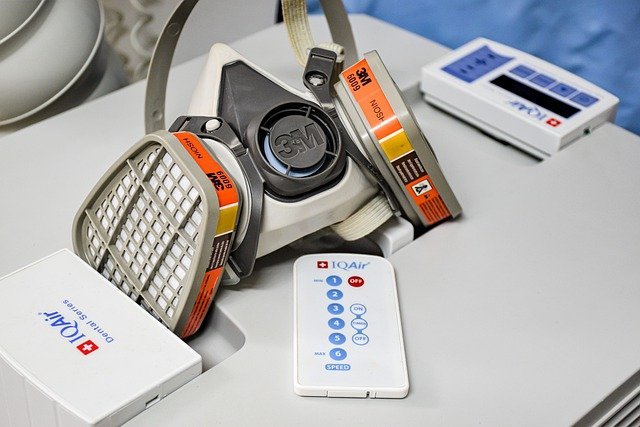(Photo: iStock)
When indoor air quality expert Jeffrey Siegel has a few select family members over for dinner these days there are a couple of extra guests in the room.
He adds a few strategically placed air purifiers near the dining table, one next to those who are at the highest risk of being infected with COVID—for example, kids, since they’re unvaccinated or partially vaccinated and attend school—and one near any immunocompromised family members in attendance.
“It’s one of several risk mitigation measures we use,” says Siegel, who holds joint appointments at the University of Toronto’s Dalla Lana School of Public Health and the Department of Physical and Environmental Sciences.
How an air purifier can help with COVID
At the beginning of the pandemic, we heard a lot about how it was important to wash our hands and surfaces to reduce the risk of transmission, but these days the focus has shifted to the air, with public health officials recommending gathering outdoors when possible, wearing a mask and making sure there’s adequate ventilation—that is, the flow of air in and out of a space—indoors.
An air purifier, while not a replacement for these measures, can also help by filtering viruses, like SARS-CoV-2 from the air, says Steven Rogak, a professor in mechanical engineering at the University of British Columbia who is studying the effect of aerosol and droplet control measures for COVID in indoor spaces.
While the virus itself is super tiny, “it would always be associated with small droplets and aerosols that are emitted as people talk and sing and shout and those droplets don’t get down to below a micron,” he explains. These droplets and aerosols can be captured by the unit and filtered out.
What kind of air purifier can help with COVID?
There are a number of different air purifiers and air cleaners on the market, but to help with COVID-19 they need to have a filter. Many people are familiar with something called a High Efficiency Particulate Air filter (HEPA), which can remove 99.97 percent of dust, pollen, mould, bacteria and any airborne particles with a size of 0.3 microns. While this is effective against COVID, units with other types of high quality filters could work as well, says Siegel.
“What matters is something called the clean air delivery rate, or CADR,” he explains, which is a measurement of how much clean air a filter produces, often denoted in cubic metres per hour.
The CADR takes into account both the filter efficiency and …….
Source: https://www.chatelaine.com/health/air-purifiers-covid-faq/
